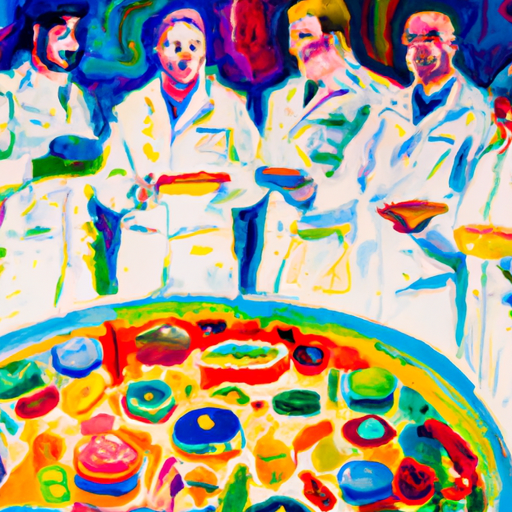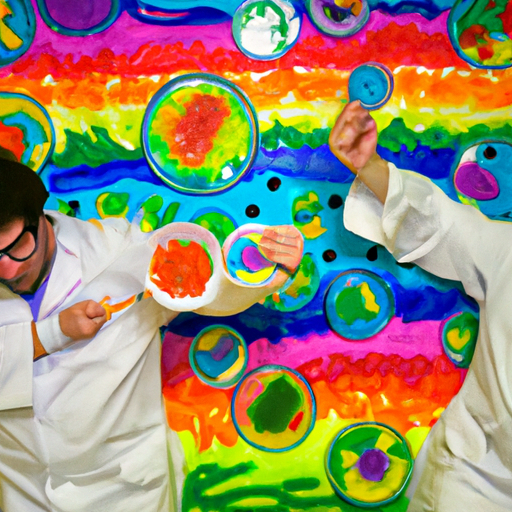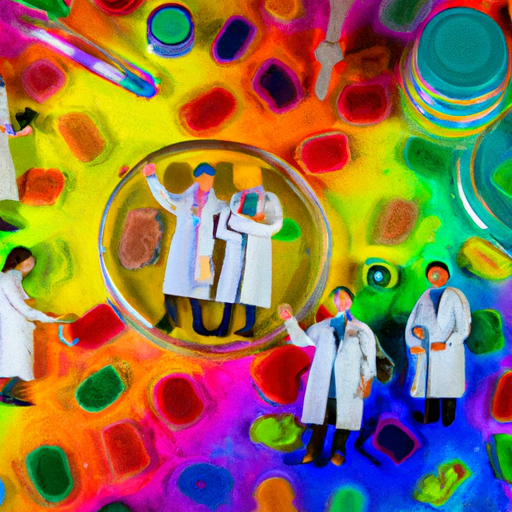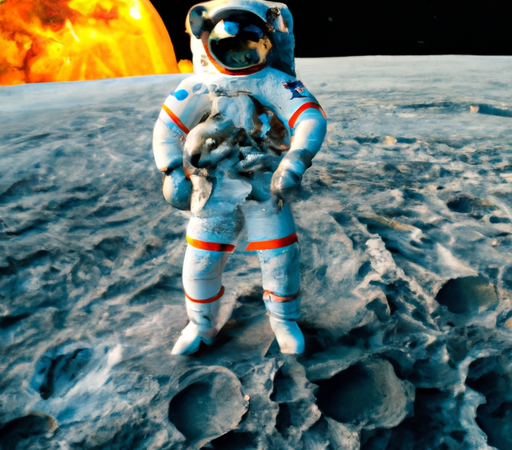The Discovery of Antibiotics: Battling Infectious Diseases

The Discovery of Antibiotics: Battling Infectious Diseases
Infectious diseases have plagued humanity since time immemorial, causing widespread devastation and claiming countless lives. Throughout history, humanity has sought remedies and cures to combat these relentless diseases, often with limited success. However, a monumental breakthrough occurred in the early 20th century, forever changing the course of medicine and effectively revolutionizing healthcare as we know it. This groundbreaking discovery was the advent of antibiotics.
The origin of antibiotics is often attributed to a serendipitous event in 1928 when Sir Alexander Fleming, a Scottish biologist, made a remarkable observation. Fleming was studying bacteria growth in petri dishes when he accidentally left one of them uncovered. Upon his return, he noticed a mold, later identified as Penicillium, had contaminated the dish. To his amazement, the bacteria around the mold had been killed, creating a ring of inhibition. This pivotal observation became the impetus for further exploration and laid the foundation for the future development of antibiotics.

Fleming's discovery led to the isolation and extraction of the active compound responsible for the antimicrobial effects observed in the petri dish – penicillin. However, due to various challenges associated with producing large quantities of penicillin and isolating it in a pure form, its true potential remained untapped for several years.
It was not until the Second World War that the value of antibiotics became evident in the battle against infectious diseases. With numerous wounded soldiers facing life-threatening infections, there was an urgent need for effective treatments. Recognizing the potential of antibiotics, researchers began mass-producing penicillin, making it readily available for medical use. This marked a turning point in history, as antibiotics quickly demonstrated their life-saving capabilities on the battlefield, saving countless lives that would have otherwise been lost to infection.
The success of penicillin paved the way for a wave of discoveries and developments in antibiotics. Scientists tirelessly searched for new compounds to combat various types of infectious diseases. Streptomycin, discovered in 1943 by Selman Waksman and Albert Schatz, became the first effective treatment for tuberculosis, a previously incurable disease. This breakthrough instilled hope and opened doors to further research and drug development.

Beyond penicillin and streptomycin, many other antibiotics were subsequently discovered, each with its own unique ability to target and combat specific types of bacteria. This vast arsenal of antibiotics became instrumental in managing and treating a multitude of infectious diseases, ranging from simple skin infections to life-threatening conditions like pneumonia and septicemia.
However, despite the early triumphs and wide-scale use of antibiotics, the overuse and misuse of these wonder drugs have led to the rise of antibiotic-resistant bacteria. With misuse, bacteria can develop mechanisms to evade the effects of antibiotics, rendering them ineffective. This has led to a global crisis of antibiotic resistance, where some infections have become virtually untreatable with existing drugs.
The discovery of antibiotics undoubtedly revolutionized the field of medicine and brought hope to millions facing the threat of infectious diseases. These life-saving drugs have not only extended human lifespan but also played a crucial role in the development of modern surgery, chemotherapy, and organ transplants. Despite the current challenges associated with antibiotic resistance, ongoing research and development strive to identify new compounds and strategies to combat these microbial adversaries.
In conclusion, the discovery of antibiotics, like penicillin and subsequent developments, has marked a significant turning point in the battle against infectious diseases. These drugs have revolutionized healthcare, saving countless lives and providing hope where despair once loomed. While ongoing challenges of antibiotic resistance persist, the discovery of antibiotics remains one of the greatest medical achievements in history, standing as a testament to human ingenuity and determination in the face of adversity.






